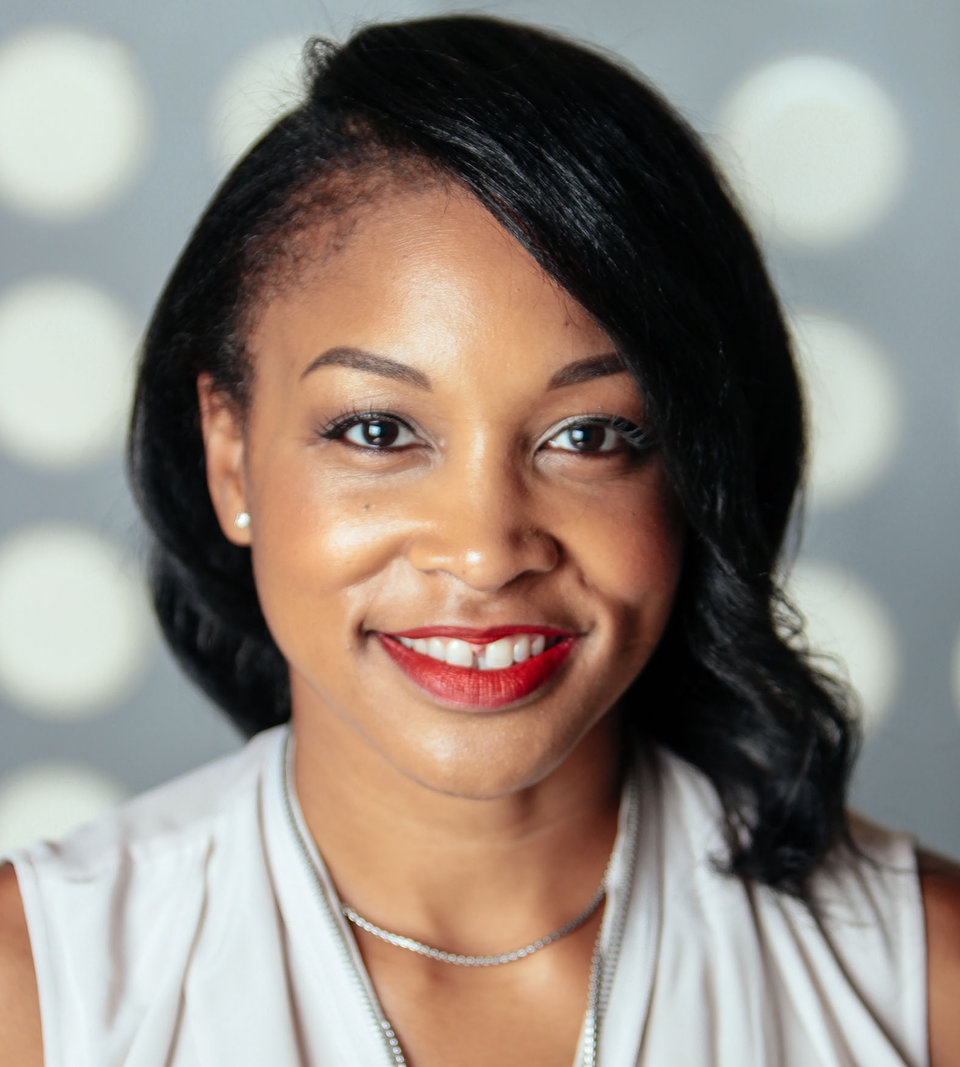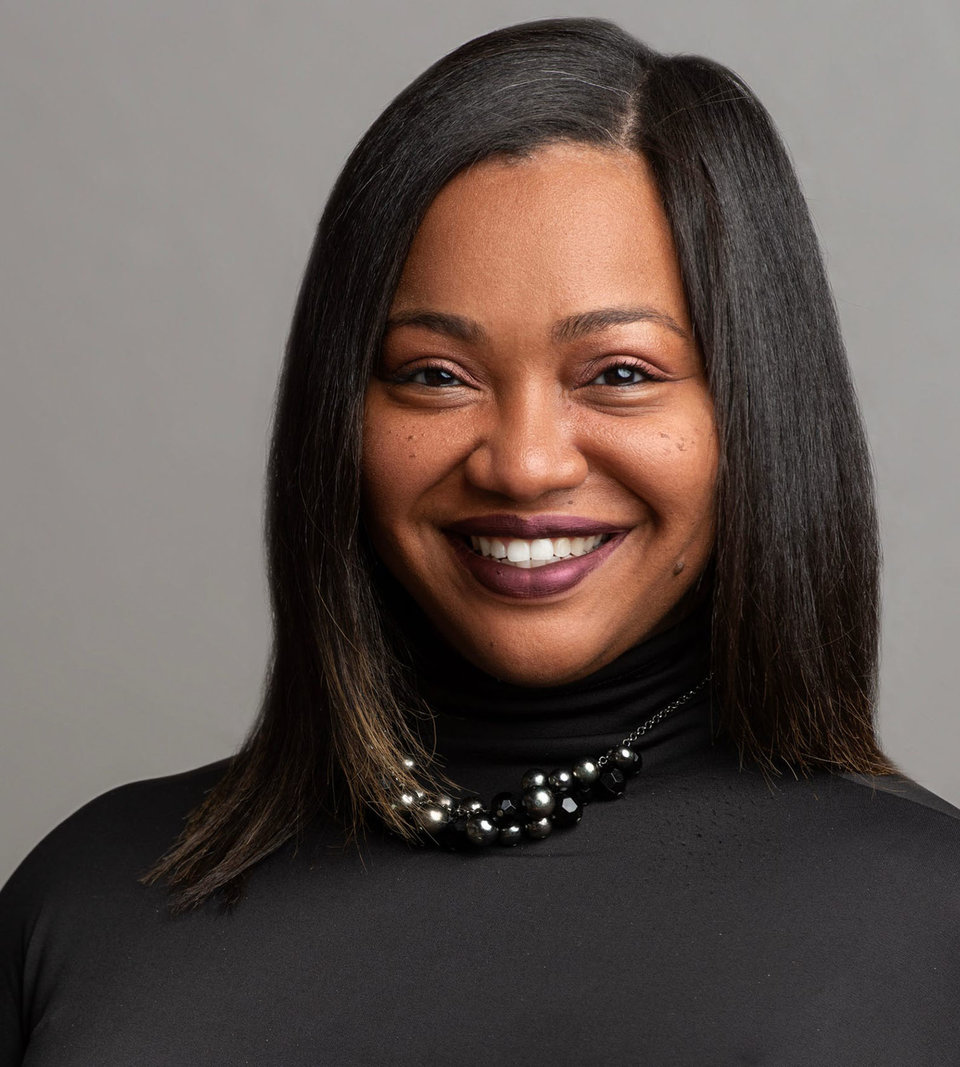interview
"We have to be able to have honest dialogue" – Moët Hennessy on diversity
Rhodri Morgan speaks to Moët Hennessy’s Jasmin Allen and Dr. Atira Charles, reflecting on the issue of diversity in corporate America, a year of social unrest, and the continued importance of cultural resonance to brand identity.
In December, Moët Hennessy announced the appointment of Jasmin Allen to senior VP of the company's flagship cognac brand in the US, followed swiftly by the hiring of Dr Atira Charles as head of diversity & inclusion in North America. The hires saw two women of colour take executive positions at one of the spirits industry's biggest names.


Jasmin Allen (left), US senior VP for Hennessy; and Dr Atira Charles (right), Moët Hennessy North America head of inclusion, diversity, and equity. Credit: LVMH
Rhodri Morgan: Why do you think there are so few women – particularly women of colour – in executive positions in major companies?
Dr Atira Charles: It's a numerical history answer – the Black population of the US is 13%, so that's the pool we're starting with. We're also only a couple of decades removed from Black people being able to go to universities and from affirmative action.
The lack of diversity in executive roles is a big challenge. In the wine and spirits industry, there are turnover challenges for people of colour. We're really focused on making sure we retain our talent and you can't retain people if they don't see themselves where you're saying you want them to go.
We've increased the amount of women of colour on our executive leadership team by 300% in the last year – I feel really good about being a part of a company that looks like our organisation and our world.
How do you plan on building on the Hennessy brand's roots within the Black community?
Jasmin Allen: Our commitment to the Black community is steadfast. We've been supporting Black communities since the late-1800s; we were one of the original founders of the National Urban League and the first corporate sponsor of the National Association for the Advancement of Coloured People (NAACP) back in 1909. This commitment has never waned, and will never wane.
We're also a founding member, along with the Thurgood Marshall College Fund, of the Hennessy fellows programme, an initiative focused on making sure that historically black colleges & universities (HBCU) graduates get the skills they need to enter corporate America and ascend, hopefully, to the C-suite.
AC: We're really digging into making sure that we connect the two dots between consumer engagement and the diversity talent pipeline. We're not in the Black community to sell more bottles to Black people, we're in the Black community to invest in that community.
Our Hennessy fellows programme welcomes 12 students from around the country to meet all of our executives at the [parent company] LVMH level and engage with the Hennessy team. We do these things to make sure their resumes are not only seen by Hennessy, but also at the LVMH group level.
With regards to our commitment to the Black community, Hennessy really is a benchmark not just in our enterprise, but in the wines and spirits industry.
Has the recent tumultuous year of social unrest in the US impacted the work culture at Moët Hennessy?
AC: I worked with Moët Hennessy in a consultant capacity before the George Floyd incident, which was a turning point in the 'Diversity & Inclusion' space.
We have to be able to have honest dialogue, and also have empathy for understanding that some of us within this organisation are living different experiences out in the world.
In the wake of the recent 'insurrection' in Washington DC, we had a listening session that was a safe-space dialogue, where over 100 of our employees came in to just talk and share, there was no agenda.
That environment has created an emotional and psychological safe-space for our employees whilst they are at work.
Hennessey's marketing activity has historically focused on the entertainment industry. Given your background, is that something you're excited to expand?
JA: We're talking about passion points; verticals of entertainment lean into those passion points whether it's music, film, YV, or even gaming now.
The strongest connection with a consumer is through their passion points and luckily for Hennessy, we've been associated with music for decades and are proud of that connection. In fact, Hennessy is the spirits brand that's been mentioned the most in hip hop songs.
AC: Sports, entertainment, and music have been very loyal to us. It's important for us to connect the dots in the other direction at a time when these industries are looking for opportunities as well. We're excited about what that could be.
While Moët Hennessy's group sales for Q4 came in 11% down last month, your French counterpart, Remy Cointreau, was up 25% over the same three months. What happened?
JA: We're very happy with our Hennessey performance as a whole in 2020. We're not necessarily concerned that Remy was growing more than us, mainly because we're very confident in the initiatives we had in place in the marketplace.
We know cognac as a category is very popular in the US and demand for our cognac has been extremely high, especially during the Covid-19 period. There's increased competition because more people were drinking alcohol in 2020.
What did you consider to be Hennessy's strengths when you joined the brand?
JA: What Hennessy has done in the US is remarkable: it's the number one cognac in the country!
I'm looking to maximise what we have at our disposal, like our partnership with the NBA as its 'official spirit'. We share so many commonalities, notably owning and being great at your craft and the desire to make an impact on culture.
Using these types of partnerships in both the on and off-premise will continue to be crucial in reaching the consumer in a compelling way.